It is by no means “a laudatory exercise”, published to praise the candidacy of Faro the Capital of Culture in 2027, much less a work that only speaks of the virtues of the Algarve capital. The book "Faro2027, What Now?” it is «an exercise in honesty», which results from an openness «to the reflection of the whole community, of all agents, exposing positive and negative aspects».
Who guaranteed it to Sul Informação was Gonçalo Duarte Gomes, who, together with Andreia Fidalgo and Tiago Prata, coordinated this bilingual work, in which the Portuguese and English versions form a kind of double book, which was presented on Thursday, the 24th, at Mercados de Olhão .
The choice of the neighboring municipality, joining side by side Rogério Bacalhau and António Pina, mayors of Faro and Olhão, respectively, to present this publication, is a sign that the advice given was heeded, since the increase in scale and regional cooperation was one of the needs identified in the reflections made.
The work brings together two dozen testimonies from international experts, but also national ones, namely from the Algarve, and results from «a structured dialogue on some of the themes addressed by the candidacy of Faro the European Capital of Culture, namely interculturality, climate change, tourism, urban redevelopment, poverty, among others».
This resulted in a wide range of texts that the team at Faro2027 realized «that they could not be kept» and that he would have to go ahead with the edition of this book, explained Bruno Inácio, coordinator of the Algarve candidacy for the European Capital of Culture.
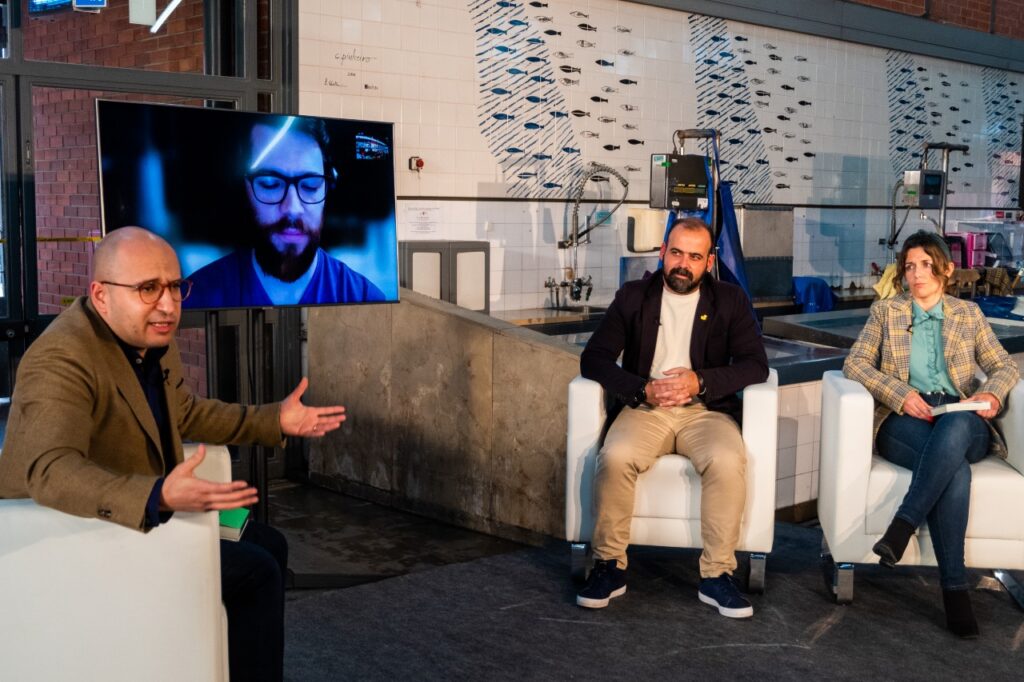
In this process, Andreia Fidalgo, Gonçalo Duarte Gomes and Tiago Prata, the latter from a distance, since he lives in Gothenburg, were a kind of moderators of the results of the entire process, in which they did not participate.
In other words, the first contact that the coordinators/authors of the book had with the texts that compose it was at a stage in which this dialogue and the elaboration of personal reflections had already taken place.
Thus, the first thing that Gonçalo Duarte Gomes and Andreia Fidalgo tried to understand was if they had «something to add to the idea».
«If it were just for us to be here praising the initiative of yet another candidacy for the European Capital of Culture, to me, personally, and with my knowledge, I would have nothing relevant to give», said Gonçalo Duarte Gomes, who is a landscape architect .
But, after reading the texts, «we actually realized that there was what I classify as an exercise of honesty on the part of the candidacy, which is opening up to reflection by the entire community, by all agents, exposing positive aspects and negative, on the part of people very impressed in this type of project, with a lot of experience in the application process».
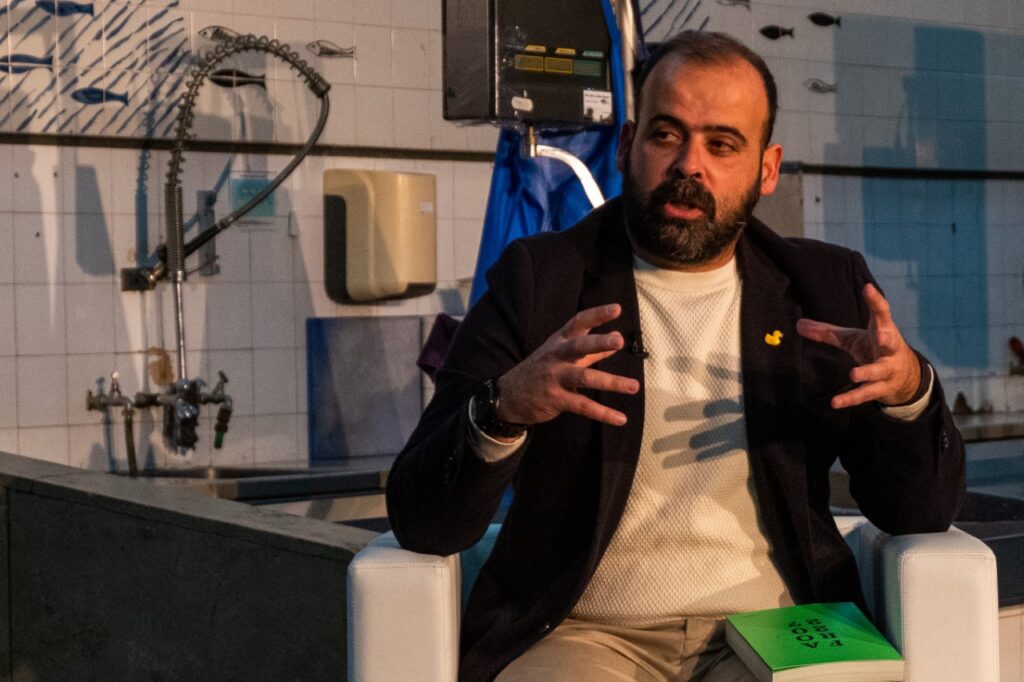
After all, among the texts that embody this work are some that put the “finger on the wound”.
«Those people raise alerts for less positive aspects, they do not fail to highlight the positive aspects, but it is an exercise in honesty and reflection open to the community that they promoted. From then on, I embraced this idea with great enthusiasm», stated Gonçalo Duarte Gomes.
«Basically, our role was to look at all those texts and give them a logical sequence, in order to create a publication that would be interesting for anyone, more or less interested or familiar with this topic», he said, for his part. , Andrea Fidalgo.
With that goal in mind, the texts have been «organized in a way that we think is very intuitive, as logical as possible».
«Obviously, no two texts are the same, they all profess very different ideas and it was not easy to find a guideline. But there are always points that are convergent even if they have different opinions. It was in this sense that we defined four themes, which group all these texts in a slightly more coherent way», the historian told our newspaper.
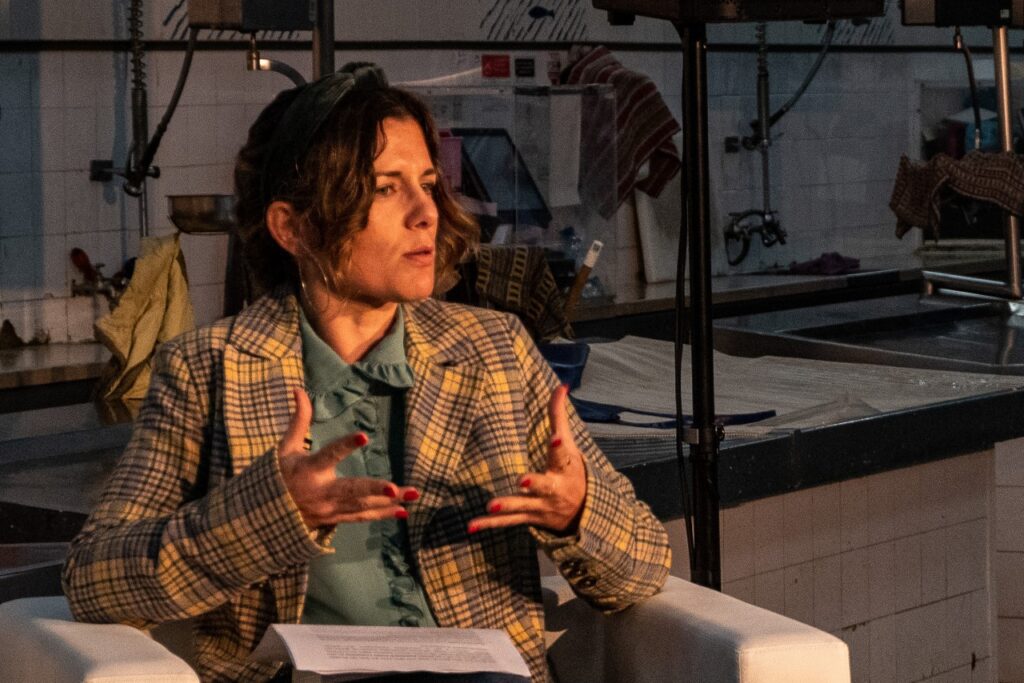
Although, after paginated, finished and edited, the work is all right, it was not easy to get to the final version.
«When we thought we knew a text and that we had read and interpreted it, after a joint discussion and an attempt to organize it, to create this logical sequence that would allow reflection, we had more doubts than certainties. So we had to reread everything and see if everything was really okay», says Gonçalo Gomes.
“We changed the lineup several times. One day, everything seemed to be going right. But the next day we said: after all, this one will be better over there and this one here. And we changed the order», reinforced Andreia Fidalgo.
But the final version was found and presented with a title that poses the very pertinent question “What now?”.
This edition is free and interested parties can obtain a copy at the Municipal Library of Faro or by contacting the local authority.
Photos: Hugo Rodrigues | Sul Informação
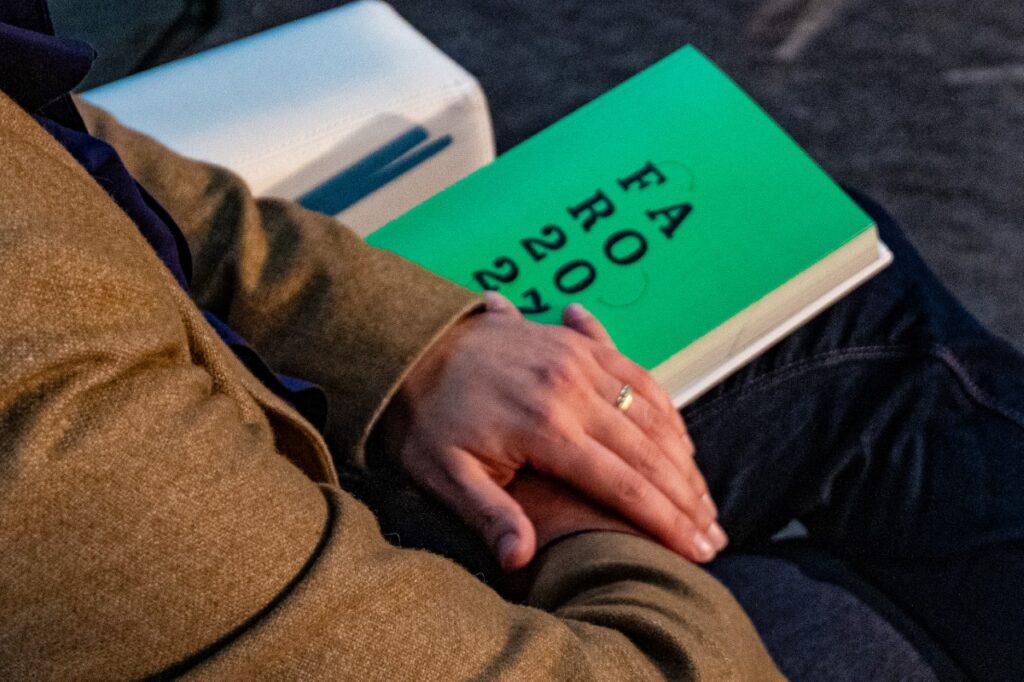
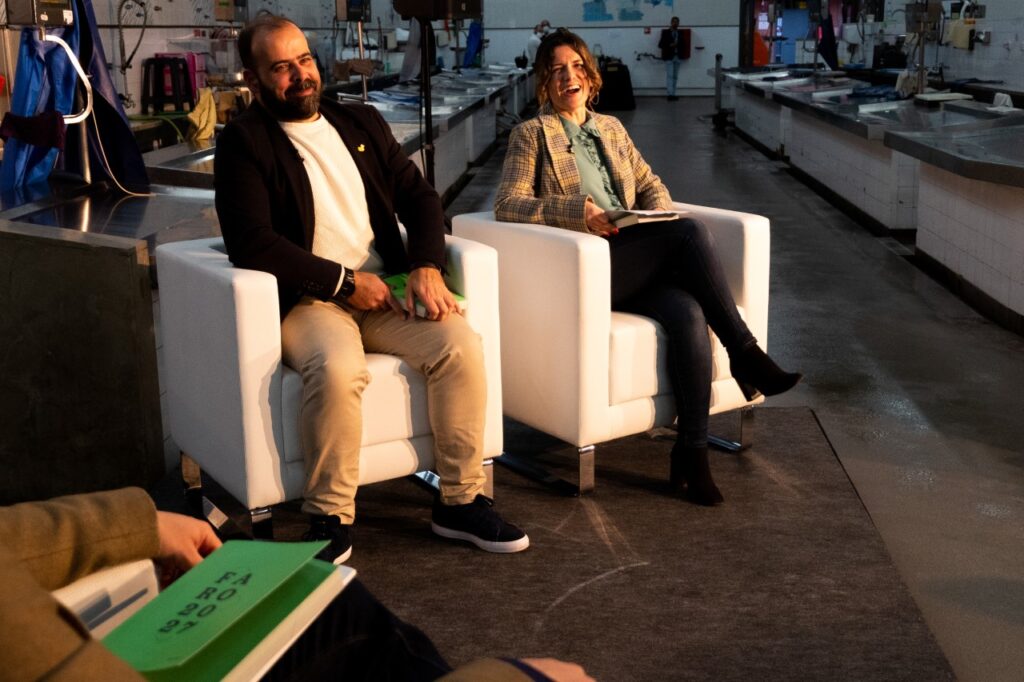
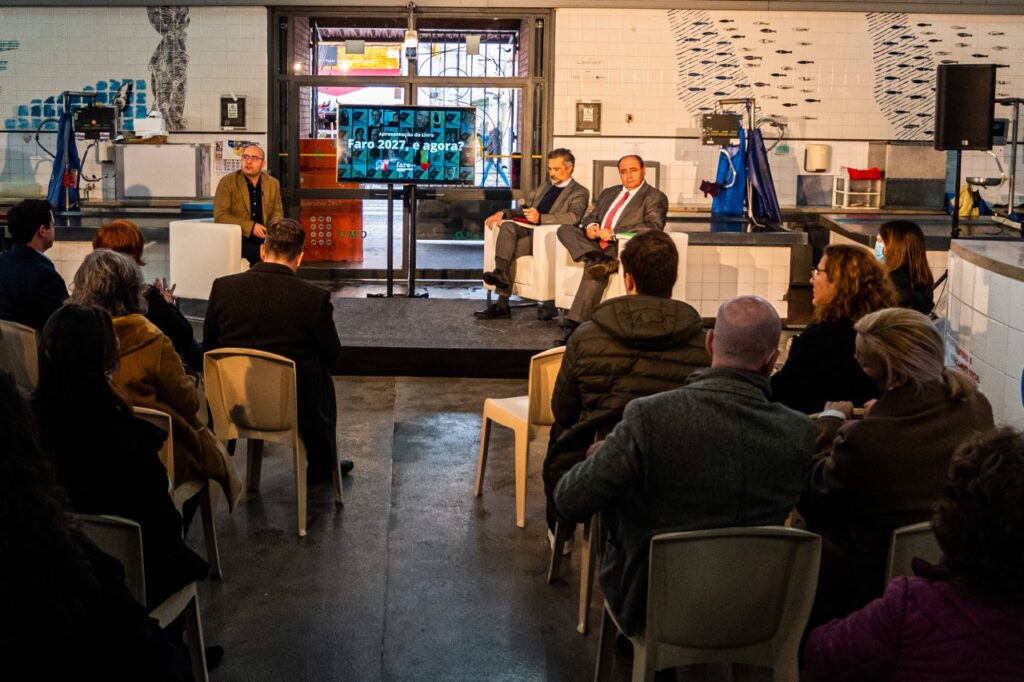
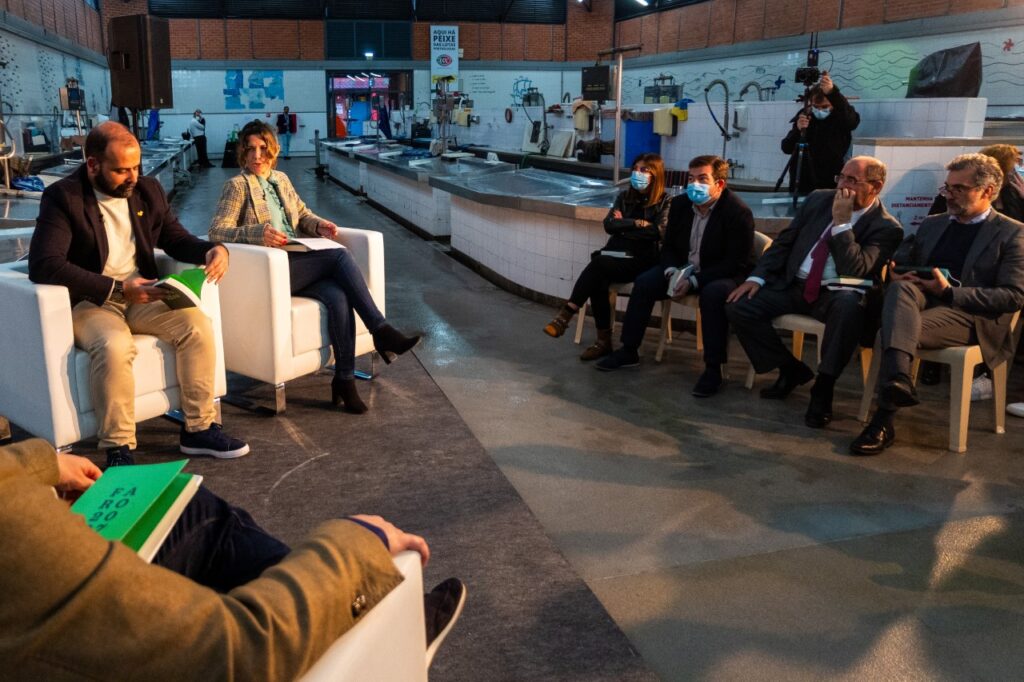



















Comments